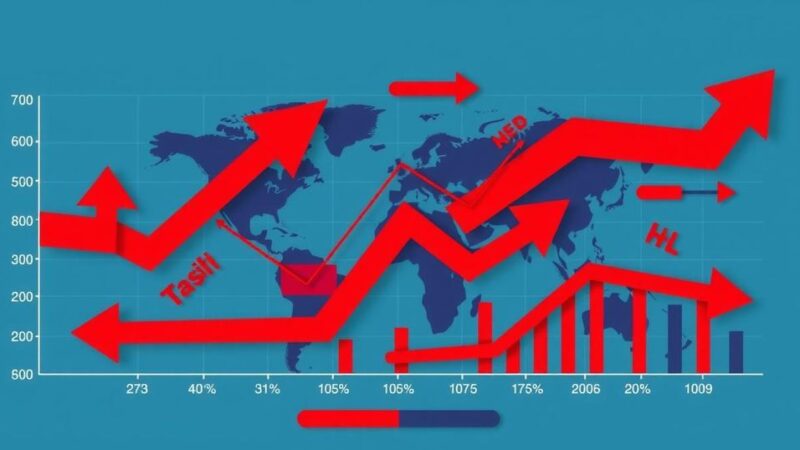Turkish authorities are introducing measures to prevent price increases in domestic egg markets due to rising international demand, notably from the U.S. A $0.50 per kilogram export levy has been established, with plans for substantial egg exports by June. Local production is reportedly strong, alleviating fears of supply shortages during Ramadan.
In light of increasing egg demand from international markets, especially the United States, Turkish authorities have enacted regulatory measures to stabilize domestic egg prices. The recent avian flu outbreak in the U.S. has caused supply chain disruptions, leading to increased egg prices and a higher dependence on imports. To alleviate potential price surges in Türkiye, the government has imposed a $0.50 per kilogram levy on table egg exports, as stated in the Official Gazette.
In response to rising international demand, Türkiye plans to export 15,000 tons of eggs to the U.S. by June. Data from the Turkish Statistical Institute (TÜİK) reveals that Türkiye produced over 100 billion eggs from 2020 to 2024, with annual production figures showing variation. For instance, in 2020 and 2022, 19.8 billion eggs were produced, whereas 21.2 billion were produced in 2024, demonstrating increasing output.
Non-incubation chicken egg trade has shown inconsistent patterns, with total exports surpassing $1 billion over the past five years. The United Arab Emirates (UAE) stands out as the primary importer of Turkish eggs. Ibrahim Afyon, head of the Egg Producers Central Union (YUM-BİR), highlighted that the recent export levy was implemented to curtail unnecessary price hikes in the domestic market.
Mr. Afyon stated, “With rising demand from the U.S. and Europe, we implemented this measure to stabilize local prices. There is no supply shortage — our production is increasing. Egg prices are often dictated by market perception rather than actual supply constraints.” Furthermore, he addressed concerns regarding potential price surges during Ramadan, assuring consumers of the strong domestic supply. “Our domestic supply remains strong, with a self-sufficiency rate of nearly 120 percent, which can be increased to 135 percent if needed,” he concluded.
In summary, Turkish authorities are taking proactive steps to manage and stabilize egg prices amid increasing international demand and domestic supply concerns. The new export levy aims to prevent undesired price hikes in the local market while ensuring sufficient production levels to meet both foreign and domestic needs. The assurances from industry leaders suggest that the domestic market remains robust and well-equipped to handle demand fluctuations.
Original Source: www.hurriyetdailynews.com






